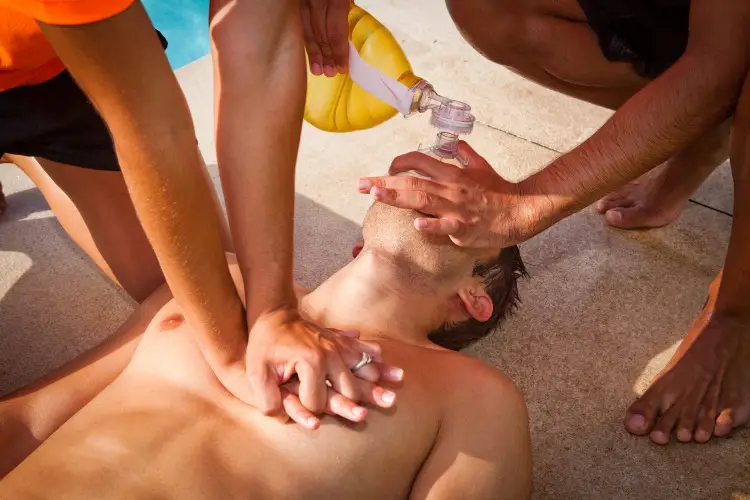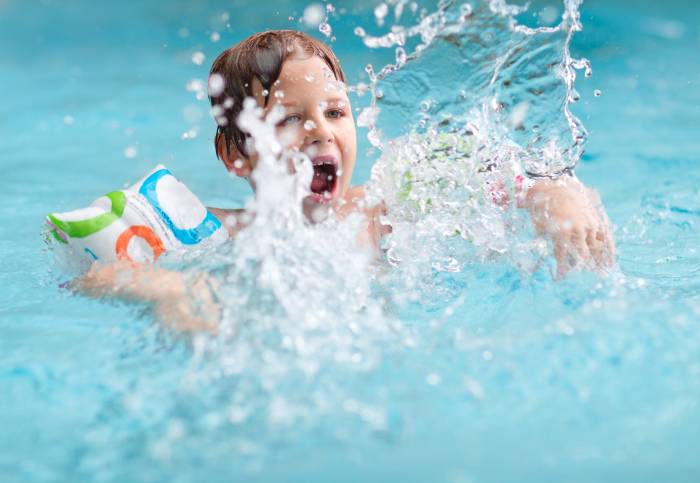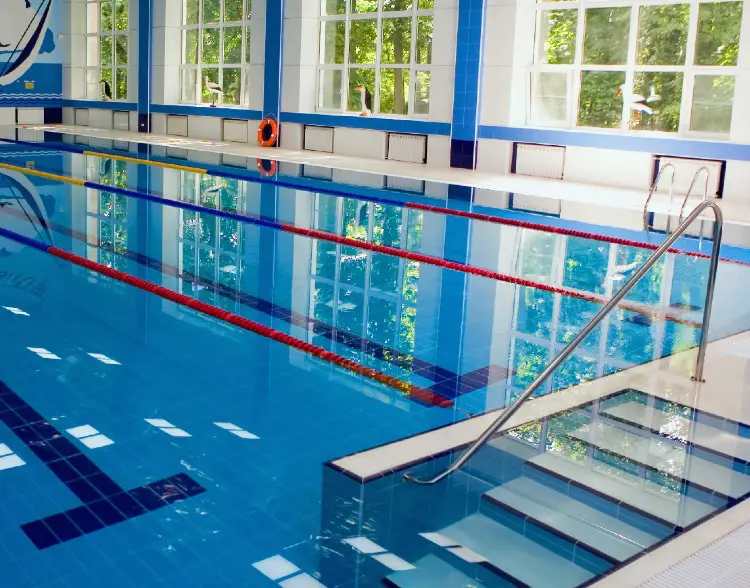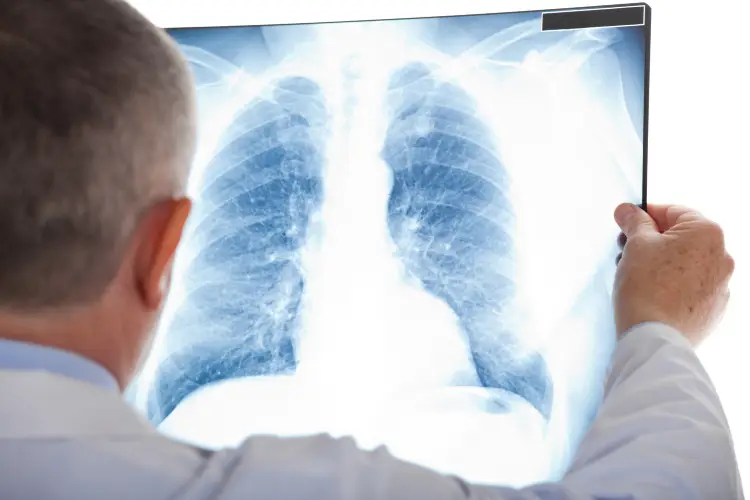Did a loved one recently suffer a near-drowning that left them with injuries? Are the medical costs resulting from the incident becoming too much to bear? You probably have questions such as:
The experienced near-drowning lawyers at Banville Law can answer these and any other legal questions regarding your case.
When it comes to getting justice for a loved one after a drowning or near-drowning incident, you deserve experienced drowning attorneys fighting for you. Contact us now for more information and free case consultation with our team.
Drowning accidents tend to catch the public's attention. Often, entire communities agonize such an unfair and wrongful death as this. Drowning accidents also often serve as motivation to act, with local leaders often implementing new regulations to avoid another senseless loss.
Yet, just because an individual did not die during a drowning incident does not mean that they walked away unscathed. A variety of different injuries can result from a near-drowning accident, many of which are not only very serious but life-changing.

Our personal injury law firm is dedicated to fighting for victims of drownings and non-fatal swimming pool accidents. Through dedicated, experienced, and passionate legal counsel, we work to get our clients the compensation they deserve.
In past wrongful death, personal injury, premises liability, and other negligence claims, we've secured million-dollar settlements on behalf of our clients. Regrettably, these financial awards will never be able to turn back time and undo the damage that has been done. However, it can help provide victims and their families with much-needed support while they heal from their injuries and trauma.


The terms near-drowning and non-fatal drowning are used to refer to incidents where a person who is swimming started to drown but was ultimately rescued.
It's not necessarily common knowledge, but drowning is a multi-step process. When a victim is rescued before the last step (death), then their incident is referred to as non-fatal. And while death may have been avoided, the same is not always true of injury.
Simply put, what separates a swimming pool drowning from a near-drowning is the end-result: death or survival. This is to say that if the victim survives, then the incident is referred to as a near or non-fatal drowning.
However, just because someone doesn't perish does not mean that they walked away without injury.
As explained above, drowning is a multi-stage process. The further into this process a victim progresses, the more damage they are likely to have suffered.
During a drowning, the body's tissues are cut off from fresh oxygen. When this happens, the cells in vital organs begin to die.
It is true that some organs are quite proficient at regenerating after cells die. However, when it comes to neural tissue as is found in the brain, this is not the case. When brain cells die, such as due to a lack of oxygen, it is unlikely that they will recover.
For this reason, if someone spends 5 minutes underwater but is ultimately resuscitated and they regain consciousness, it can be said that they experienced a non-fatal drowning. However, the hypoxia they suffered likely caused internal tissue damage that can't be undone.
An experienced swimming pool drowning law firm understands these intricacies, and therefore they can build a case that takes such damages into account.
Non-fatal drowning accidents occur for a number of reasons. As you can assume, the causes have a broad overlap with fatal drownings, given that the difference between the two is not the cause but whether a victim survives or not.
The most common causes of such tragic accidents include:
Broadly, pool safety is integral if personal injury or even death is to be avoided. Unfortunately, proper supervision of swimmers (such as young children) while at the pool, coupled with violations of common sense pool rules, likely account for the majority of such tragedies.

If someone suffers a non-fatal drowning, there are some symptoms to look out for that can confirm it. They can include:
People experiencing any of these symptoms after a swimming pool accident should seek medical attention as soon as possible. Just because someone has regained consciousness does not mean that they did not suffer damage.
When resuscitation methods such as chest compressions or CPR were employed to help the victim regain consciousness, the need for the victim to visit a medical professional for examination is even greater.
Why is it so important for someone who almost drowned to visit a doctor even if they "feel fine"? Health complications can arise in the hours and days following a near-fatal drowning. For this reason, being checked out by a doctor soon after the accident is always recommended.
As mentioned above, one of the greatest concerns with victims is the potential risk of brain hypoxia, or the lack of oxygen in the brain, which can lead to serious personal injury.
When the vital oxygen supply is cut off from our most important organ, brain damage can occur in just a short amount of time. The extent of such damage will depend on how long the brain was deprived of oxygen.
In cases where victims are deprived of oxygen for extended periods of time, seizures can occur. The most severe accidents have left past victims in a coma or in a persistent vegetative state.
Brain damage is not the only health concern, though. Hypoxia can affect other critical organs just as well, leading to additional health complications.
The injuries seen in victims of these cases prove that the injuries suffered are not merely physical. One of the greatest tolls placed on victims is psychological in nature.
Scholarly studies have found that individuals who survive a swimming pool accident or other non-fatal drowning accident often suffer from PTSD.
PTSD in these injury victims can manifest as extreme swings in mood, irritability, social isolation, and unwanted recurrent memories ("reliving") of the event. Such deep emotional trauma can take years to heal - if those affected are able to recover at all.

If it can be proven that negligence, such as by a swimming pool owner, then a legal claim may have standing in court. Damages for many types of personal injury may be pursued and ultimately awarded by a court.
The case is the same with private pools; even if the victim was not "invited" onto the property or pool area, they might still have a valid case for compensation.
Drownings and near-drowning leave victims and their loved ones with permanent injuries and trauma. Such damages are not easy to treat and recover from, nor are they budget-friendly.
By filing a lawsuit after this kind of accident, you can get the financial support you need to get back on your feet. Nothing can turn back time and undo the events of that day, but it is possible to receive significant financial help and support to help you face the obstacles that are sure to arise moving forward.
It's important to understand that when you seek damages via a legal claim, you are not engaging in a frivolous endeavor.
Your lawyer will use the facts to build a solid case that demonstrates how your safety or that of a loved one was put in jeopardy as a result of negligence. If successful, you'll receive financial compensation that is commensurate to the damages you endured. If unsuccessful, you'll owe Banville Law nothing as we are no-win, no-fee; that is, we work only on contingency.
Questions? Looking for more information? Call our law firm today and schedule your free consultation to get the answers you need to make this critical decision for yourself and your family.